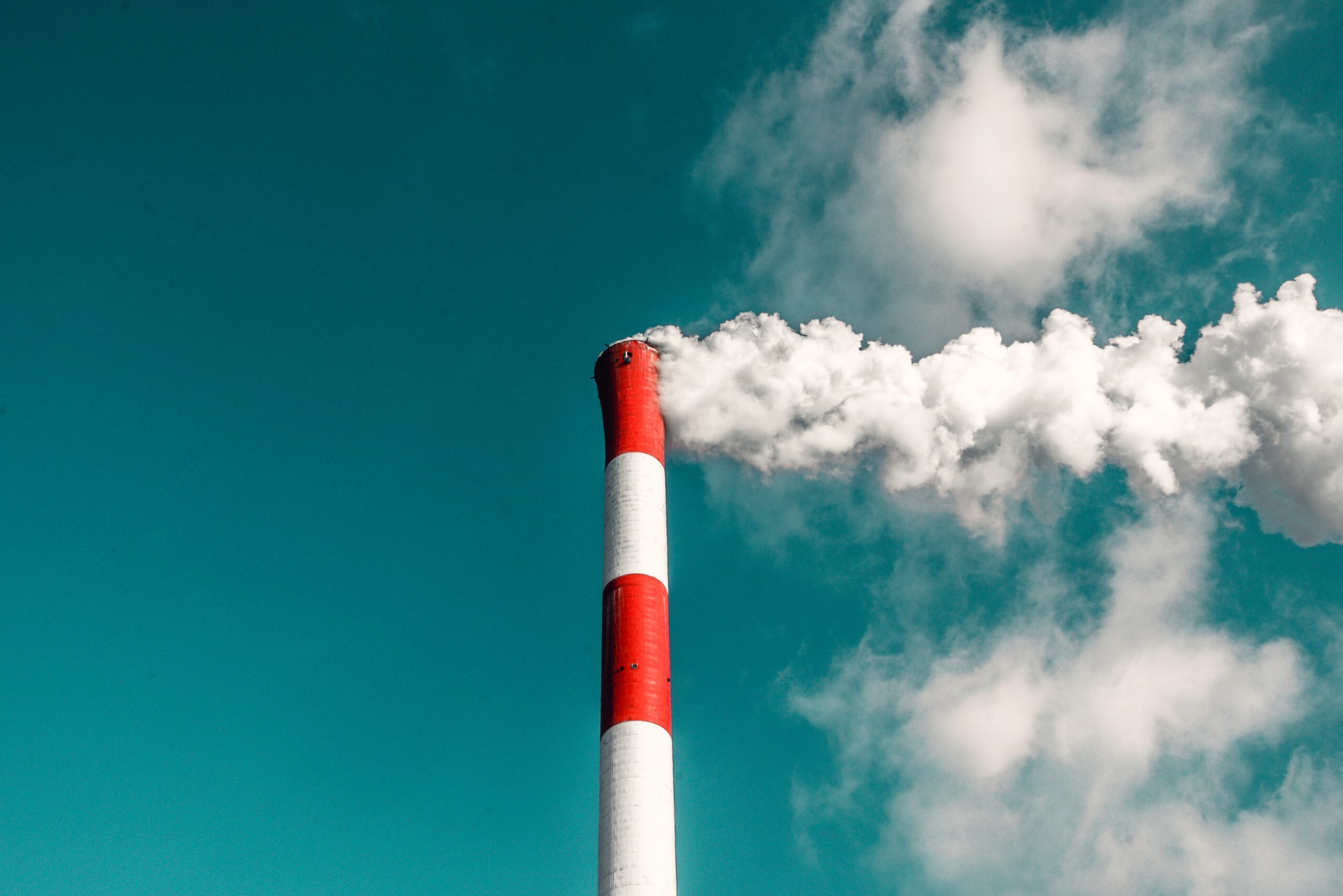The World Meteorological Organization calls 2021 as a record-breaking year for the world climate crisis sign. The conclusions of the WMO are presented in the State of the Global Climate 2021 report.
UN Secretary-General Antonio Guterres said this report was a sign of human failure to tackle climate change. He also pushed for renewable energy.
“The only sustainable future is a renewable one. The good news is that lifelines are right in front of us. Wind and Sun are readily available in many cases cheaper than coal and other fossil fuels. If we act together, the transformation of renewable energy can become a peace project in the 21st century,” he explained, quoted from Popsci, Friday (20/5/2022).
The report evaluates the global impact on climate in six terms namely atmosphere, land, oceans, water Frozen Earth is called cryosphere, extreme events, and risks and solutions.
Meanwhile, four indicators of global warming set a new record last year, namely greenhouse gases, sea-level rise, ocean heat, and ocean acidification.
Reportedly, Carbon dioxide concentrations hit a new record in 2020 with 413.2 parts per million or 149% of pre-industrial levels. There will be an increase in 2021 and early 2022, with an average increase of 4.5 millimeters per year last year.
In addition, the sea is also warmer and the pH level of the ocean is very low which means it is more acidic than before. WMO added that the past seven years also hold the record for the hottest temperature.
The world also looks set to fall short of the Paris Agreement, keeping warming at 1.5 to 2 degrees Celsius. This situation also makes it necessary for the public to invest in better systems to detect and predict extreme weather events.
WMO Secretary-General Petteri Taalas also believed this. “It has been shown in several reports that one of the most effective ways to adapt to climate change is to invest in early warning services,” he said.
“By having better early warning services, we can avoid economic and human losses.”
























